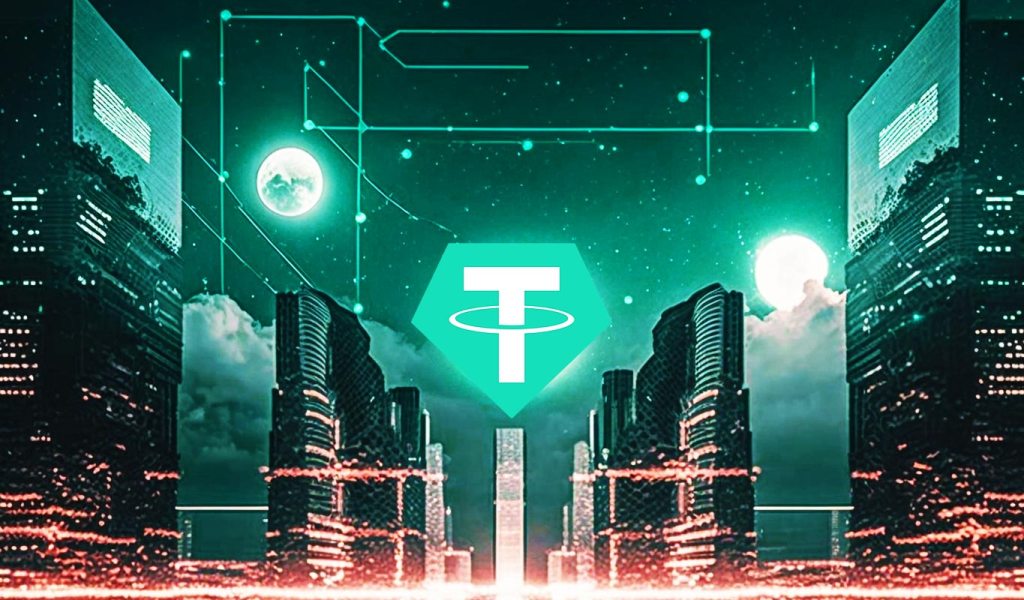
Pocket-sized Bitcoin miners are a stand against the “secrecy and exclusivity” of the Bitcoin mining industry, according to their inventors.
While lacking in performance, micro Bitcoin mining devices should be seen as a stand against the Bitcoin ecosystem’s purportedly biggest flaw, its inventors argue.
Micro Bitcoin mining devices — often open-source and pocket-sized — have been serving a niche part of the market, offering buyers a fully assembled device or a do-it-yourself-kit to mine Bitcoin (BTC) solo.
Speaking to Cointelegraph, developers behind these kits admit that buyers won’t likely see much profit but argue that it’s important to fight the “secrecy and exclusivity” of the Bitcoin mining industry.
One company, BitMaker, recently claimed that one could be made for as little as $3, offering an output of 50 kilohashes per second.

A spokesperson from BitMaker — a company working on micro miners since as early as June 2022 — argued that all the well-known Bitcoin ASIC mining rigs are closed-source, very much unlike Bitcoin’s source code.
This has limited the manufacturing and supply of Bitcoin miners to commercialized entities, they said.
“The bitcoin mining machine is arguably the most important piece of hardware in the bitcoin ecosystem — and they are all made in complete secrecy.”
Data shows 35.4% of the Bitcoin hash rate comes from the United States, followed by Kazakhstan (18.1%), Russia (11.2%) and Canada (9.6%). U.S.-based Marathon Digital, Riot Blockchain and Singapore's Bitdeer Technologies Group are among the largest mining firms in the world.
Skot, a builder of Bitaxe miners, shared a similar sentiment, explaining to Cointelegraph that open-sourcing the design enables much-needed transparency in the industry.
“The mining industry has traditionally been treated in secrecy and exclusivity. The advent of these open-source projects serves to shed light on this often opaque area, making it more transparent and accessible to the public,” Skot explained.
There is a growing trend of opensource ASIC-mining going on. ( See #NerdMiner , @DCentralTech , @skot9000 ,...) making it affordable once again and more decentralized. #Bitcoin is rife with innovation on all fronts.
— Dimitri-H (@Dimi_h) September 1, 2023
You only need to know where to look.
A Bitaxe spokesperson said the engineers behind these projects are open-sourcing documents detailing how to make a hashboard and other mining equipment without needing to rely on large-scale manufacturers:
“This allows anyone who is interested to build their own miner, or multiple miners, thereby contributing, to some extent, to the decentralization of the system.”
Skot, however, acknowledged that buyers shouldn’t expect to earn much Bitcoin right away. He said while Bitaxe engineers are working to make the miners more efficient, he also argued that the purpose of the portable miners isn’t about profit:
“It's not necessarily about profit, it's about learning, understanding and in some cases being part of a community.”
Related: How Bitcoin mining is a model for modern industrial loads
Skot also stressed that the portable miners weren’t built to compete with the commercialized players in the space but rather offer an opportunity for people to run a rig at home without needing to pay for a clunky, overheated and expensive mining rig.
ESP-Miner & ESP32 SoC based #BitAxe & #Nerdminer are pivotal developments in Bitcoin mining.
— Altair Technology® ⛏️ (@altair_tech) August 30, 2023
These free & open source projects developed by Bitcoin plebs like @skot9000 @BitMaker_ @Public_Pool_BTC & others, are laying the foundation for next-gen #Bitcoin mining hardware
⛏️ pic.twitter.com/FDBTi0PsG1
Other small form-factor Bitcoin miners in the market include Bitmain AntRouter and Mars Lander. Meanwhile, innovators are also experimenting with how Bitcoin can be mined via mobile phones.
Magazine: Hall of Flame: Wolf Of All Streets worries about a world where Bitcoin hits $1M

